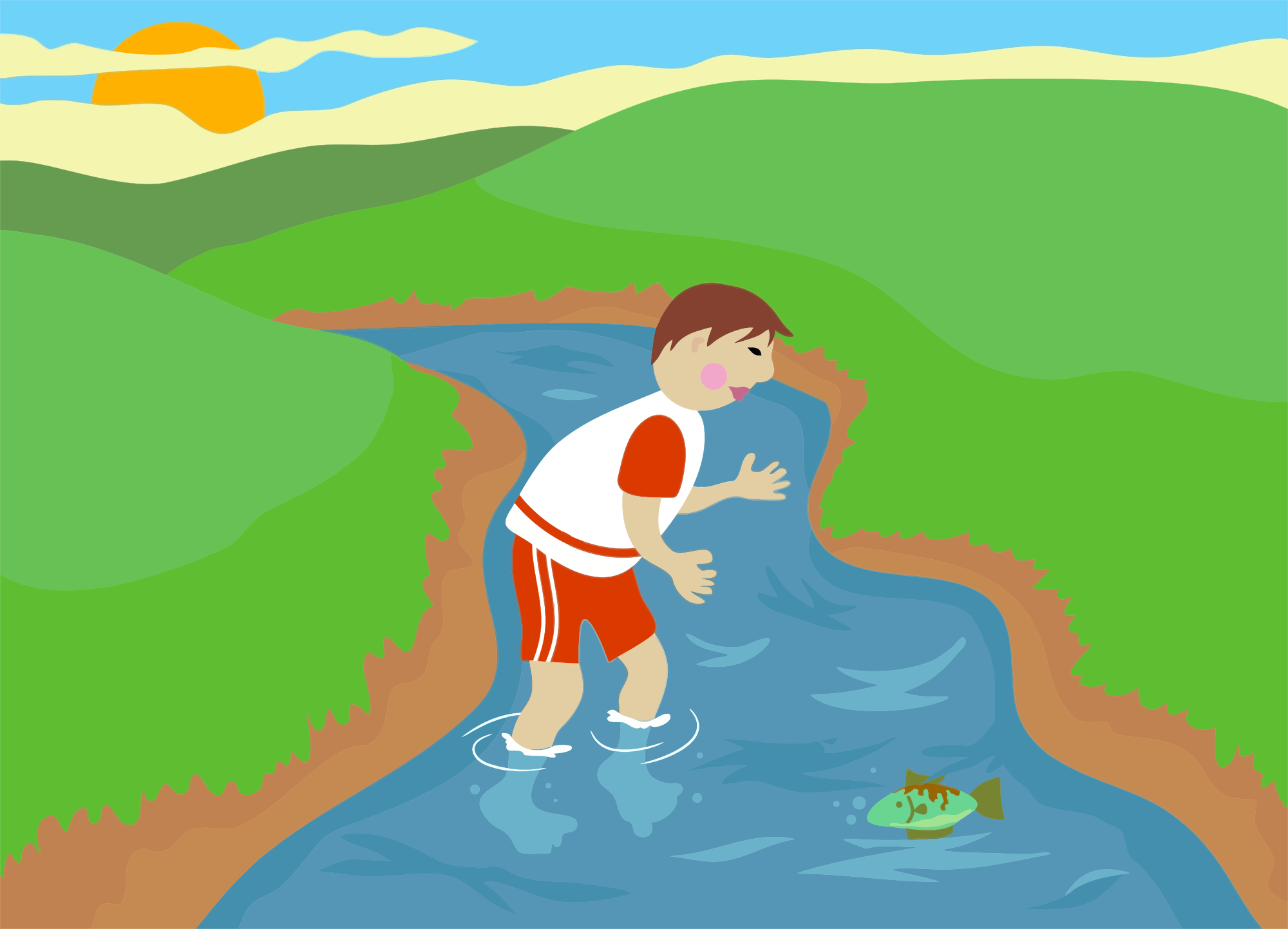Civilizations of rivers
4th Grade – History-Pensare perché 4 (libro delle discipline)
Civiltà dei fiumi-Page 6 (Italian educational system)
|
|
Materials for lessonA4 Sheets, pens |
Layout of the classroomPhases 1-2-3-4: class room with desks separated in groups |
|
Phase 1The teacher explains to students that today they will go over the previous lessons about “civilizations of the rivers of Mesopotamia”. The teacher recalls in general terms Sumerians, Assyrians and Babylonians comparing them to each other. Children can be involved in a discussion over the differences and similarities of the three civilizations. |
|
Phase 2Students are divided into six working groups. Firs three groups will study the civilizations. Each group a different civilization, so we’ll have the Sumerian group, that of the Assyrians and that of the Babylonians. They will have to study and review very well the history of the assigned civilization, producing a conceptual map. The other three groups, on the other hand, will have to think of an interview to the “citizens” of the various civilizations. There will be a group interviewing the Assyrians, one the Sumerians and the third the Babylonians. The questions might be: “Where did you go? How long ago did you live? Why exactly in that place? Etc…” |
|
Phase 3When the different groups have completed the study and the creation of the interviews, Phase 3 may begin. To make the situation more engaging, it can be simulated a television atmosphere, even with the use of a microphone and the teacher with the role of moderator. The Sumerian civilization and then the group of interviewers are welcomed in the studio. The interview begins with the dialogue between the two groups. The rest of classmates, in the meantime, can take notes as journalists. The game ends when all three civilizations have been interviewed. |
|
Phase 4By using the notes from children during Phase 3 it can be created a newspaper page whith the interviews to the different civilizations. |


 SmartOWL
SmartOWL